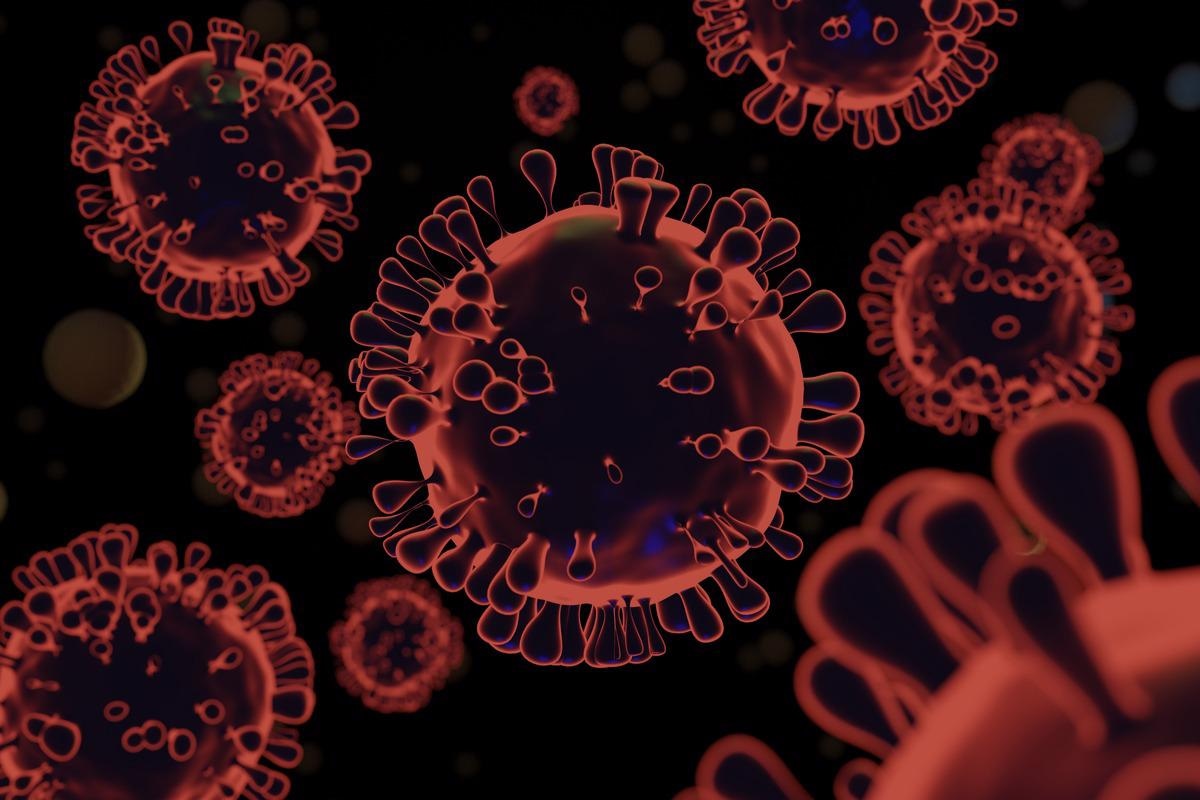Dr. Adriana Heguy, the director of the Genome Technology Center at NYU Langone Health and professor at the Department of Pathology, NYU Grossman School of Medicine, is involved in the genomic surveillance of the severe acute respiratory syndrome coronavirus 2 (SARS-CoV-2). Her team has submitted more than 6,000 sequences to GISAID-the database that is the world's largest repository for SARS-CoV-2 genomic sequences.
 Study: Amplification Artifact in SARS-CoV-2 Omicron Sequences Carrying P681R Mutation, New York, USA. Image Credit: Chollasit Lertpanyanuch/Shutterstock
Study: Amplification Artifact in SARS-CoV-2 Omicron Sequences Carrying P681R Mutation, New York, USA. Image Credit: Chollasit Lertpanyanuch/Shutterstock
In a recent survey of 379 SARS-CoV-2 samples collected in New York, Dr. Heguy's team detected 86 Omicron variant sequences containing a mutation, P681R, seen in the Delta variant. This could be due to co-infection with the two strains simultaneously or contamination or amplification artifact, i.e., a polymerase chain reaction (PCR) error. The team performed experiments to confirm that these P681R mutations were artifacts. This research letter published in Emerging Infectious Diseases warns scientists to interpret unusual mutations with caution.
Rise in Omicron cases
The Omicron variant is highly transmissible. It is capable of evading the immune system causing breakthrough infections. Due to this, there have been surges in coronavirus disease (COVID-19) cases, even in populations with fully vaccinated individuals.
At NYU Langone Health, a large metropolitan healthcare system, a rapid rise was observed in the Omicron variant. This variant displaced the Delta variant. This observation was made during the ongoing SARS-CoV-2 genomic surveillance. Full genomes of random samples selected from positive cases were sequenced.
Analysis of Omicron sequences
The team analyzed 379 Omicron sequences from the BA.1 sublineage, from COVID-19 cases detected from November 30, 2021, to January 5, 2022.
The xGen SARS-CoV-2 Amp Panel 96rxn (Integrated DNA Technologies [IDT] was used for the experiments. Library amplification was done with 18 or 24 cycles for the multiplex PCR step.
Eighty-six out of 379 samples had the P681R mutation. This mutation is observed in the Delta variant and results in increased transmissibility, fusogenicity, and pathogenicity. P681R is distinct from the P681H mutation seen in the Omicron variant. Higher pathogenicity or transmissibility of the Omicron variant could be attributed to the P681R mutation.
Reanalysis of the sequences
Closer analysis showed that the Omicron sequences with P681R included varying P681H reads. The sequences with P681R were from samples with higher Cts than those with P681H. The coverage of nucleotide 23604 was higher when the nucleotide was G (from the Delta variant) than when the nucleotide was A (from the Omicron variant). These observations indicate contamination of Omicron samples with lower Ct Delta sequences.
The library preparation and sequencing were repeated with 13 random samples previously assigned as P681R and 13 assigned as P681H as controls. Reverse transcriptase (RT) and PCR cycles parameters were changed in these experiments. Residual samples from 12 nasopharyngeal swab specimens were also to the New York State Department of Health (Albany, NY, USA) for sequencing with a different platform and chemistry. These data were used for comparisons. The Department of Health performed RNA extraction with an easyMAG (bioMérieux) and library preparation and sequencing with an Ion Chef and Ion S5 XL System, using the Ion AmpliSeq SARS-CoV-2 Insight Research Assay with 27 cycles.
Resequencing gave sequences with no P681R mutation. However, two samples gave P681R with 24 PCR cycles and P681H with 18 cycles. Thus, a high number of PCR cycles can present false mutations.
The remaining 61 samples with P681R were resequenced. In this repeat testing, 59 samples had P681H mutation. Two samples still showed P681R mutation. This sample was definitely from an individual co-infected with the Omicron and Delta strains.
Conclusion
Detection of P681R in the Omicron samples was an artifact due to preferential coverage of that region and amplicon.
Genomic surveillance can be done through non–amplicon-based approaches such as capture-hybridization libraries or amplicon-based methods. Capture-hybridization libraries using SARS-CoV-2 baits usually lead to more even coverage, whereas amplicon-based methods can result in dropouts because of new mutations in different variants. Nevertheless, amplicon-based methods are adopted by genomic surveillance laboratories due to faster turnaround and high volumes of samples.
This study cautions genomic surveillance laboratories to confirm unusual mutation findings to ensure correct sequences in databases such as GISAID. Confirmation can be done by repeating libraries and sequencing or employing alternative protocols, or both. This will avoid artifacts and ensure the dissemination of accurate data to the global scientific community through public repositories like GISAID.
Journal reference:
-
Heguy A, Dimartino D, Marier C, Zappile P, Guzman E, Duerr R, et al. (2022) Amplification artifact in SARS-CoV-2 Omicron sequences carrying P681R mutation, New York, USA. Emerg Infect Dis. doi: https://doi.org/10.3201/eid2804.220146